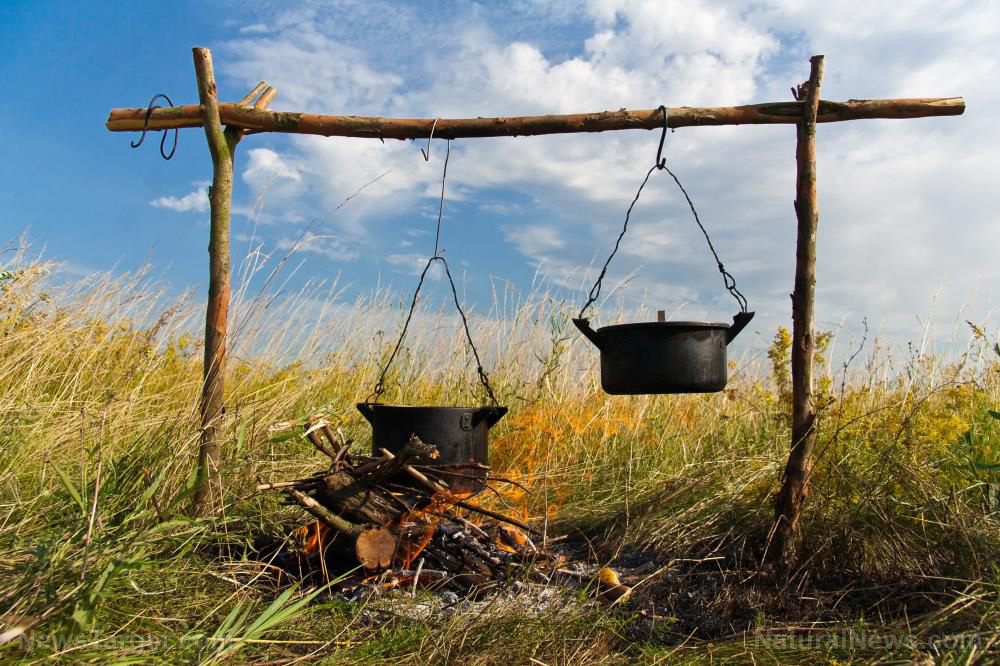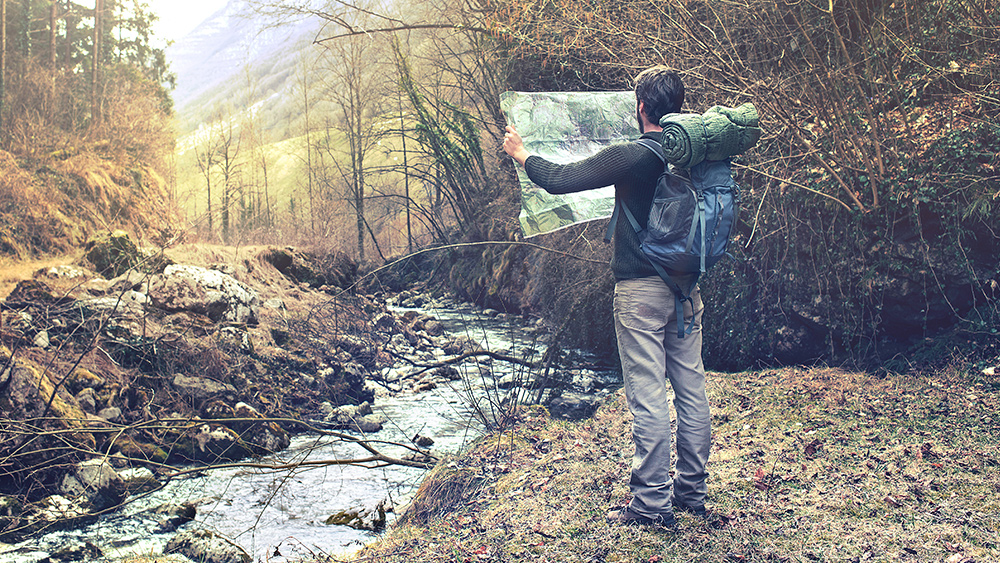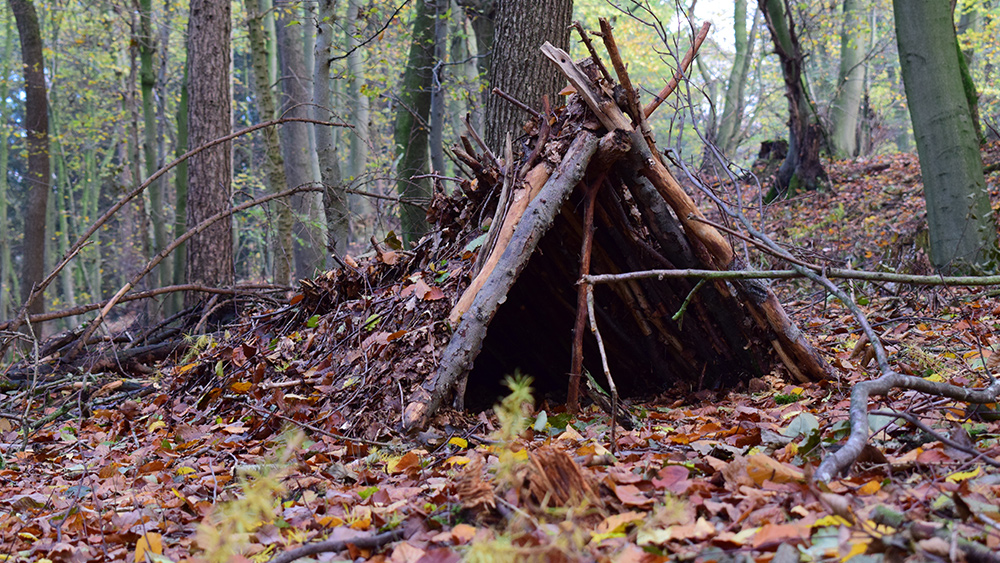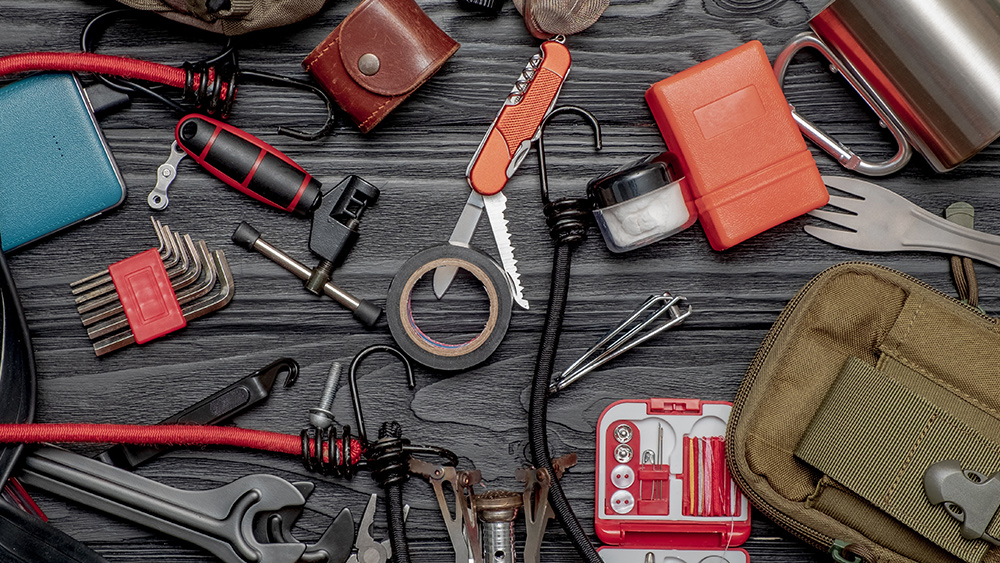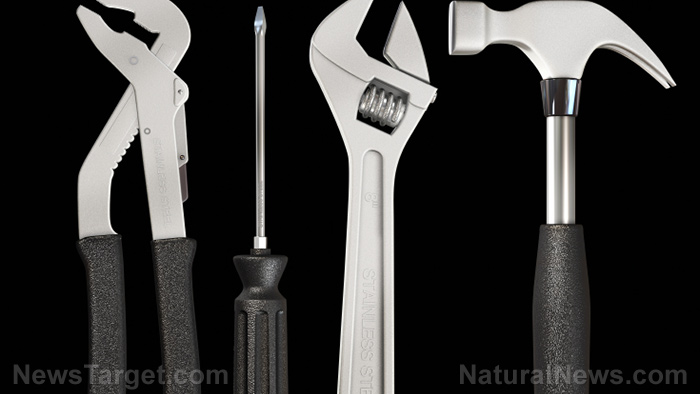
Teach your loved ones self-defense so they can protect themselves when SHTF. You should also learn how to make and use improvised and found weapons if you ever lose access to your firearms in a survival scenario. (h/t to SurvivalSullivan.com)
Like conventional weapons, improvised and found weapons increase the effectiveness of your defense and offense. Another benefit of improvised weapons is they can pass as common items in your possession, like a magazine or keyring.
Types of improvised weapons
There are two broad types of improvised weapons: intentional weapons that you make yourself and everyday objects that can be used as weapons. Improvised weapons are more effective and easy to use compared to found weapons, but they can be confiscated if you're in area with strict laws on weapons.
If you're kidnapped or if burglars break into your home, you can escape and defend yourself using the improvised and found weapons included in the lists below. Use them wisely and teach your family that they should be used only in survival emergencies.
Crafted weapons
Magazine club
Outside their expected environments, sturdy clubs like baseball bats or pipes may be hard to conceal. If you need a club-life weapon for self-defense, try making a magazine club.
You'll need a sturdily bound magazine that's rolled very tightly. This dense weapon can be used to deliver a knockout blow to the head of an attacker. If time permits, tape the ends to improve durability or load a small pouch of makeshift shot (e.g., small coins, pebbles, or lead shot) into the end for more impact.
Padlock morningstar
To make a padlock morningstar, you need a length of thick chain that's a bit longer than your forearm. Attach a heavy padlock on one end, then the weapon is ready for use. Even a small lock swung on the chain can generate enough force to shatter bone.
The only downside of this improvised weapon is you need room to swing it. Avoid this weapon during encounters in crowded areas.
Spiked fist load
A fist load refers to a weighted object held in the hands to increase the power of a punch. Ideally, fist loads will reduce injury to the puncher’s hand. You can make an old-fashioned fist load by palming a roll of quarters or nickels before punching your attacker.
To make a spiked fist load, get a roll of quarters. Grip the roll, then use a pen or nail tip to mark the roll between each finger. Get three nails, about three to four inches long. Remove at least six to nine quarters, depending on the thickness of the nails.
Carefully drive the nails through the roll of quarters, and keep the coins straight and centered. Leave some quarters on both sides of each nail for support. If you have time, wrap the roll with duct tape to reinforce it.
When you're done, grip the roll so that a nail protrudes between each finger, like Wolverine’s claws. Each punch you throw will inflict wounds or lacerations on your attacker.
Found weapons
You can find these weapons around your house or in your garage.
Large wrench
It looks less threatening than a hammer since it lacks a nail-pulling claw, but a large wrench is a good enough weapon.
Fire extinguisher
Fire extinguishers are one of the best improvised weapons inside a building because of its range. A fire extinguisher can emit a pressurized, blinding stream of chemical reliably and for a short duration, so use it to obscure the vision of or even incapacitate your attackers. When they're distracted, escape or hit them over the head with the can.
Check if the fire extinguisher is a water-only can, which won't do much damage against another person.
Key claws
Use a traditional key ring with lots of keys on it to make key claws. If you're forced to face an attacker, grab the key ring, then protrude a key between each finger to enhance strikes to an attacker’s soft tissues, especially their eyes. (Related: Using kitchen knives for survival.)
You can also add a soft woven keychain made from paracord or other types of cordage as soft backer for the keys. Paracord will increase stability and will prevent the base of the keys from hurting your hand when you strike.
Self-defense tips when SHTF
Once you have your improvised weapons, here are some things to keep in mind if you have to defend yourself in a survival scenario.
- Be creative and think of ways to turn common items into weapons.
- Never hesitate. Even several seconds could cost a loved one's life.
- Make every hit count and aim well. The neck, chest, and head are the best places to target.
- Your mind is your best weapon. Don’t give in to your panic and think of ways to escape any situation alive.
As a prepper, you won't be able to keep your weapons of choice on you at all times. Improvised weapons are a good alternative if you ever need to defend yourself without access to your prepping gear.
Sources include:
Please contact us for more information.

















